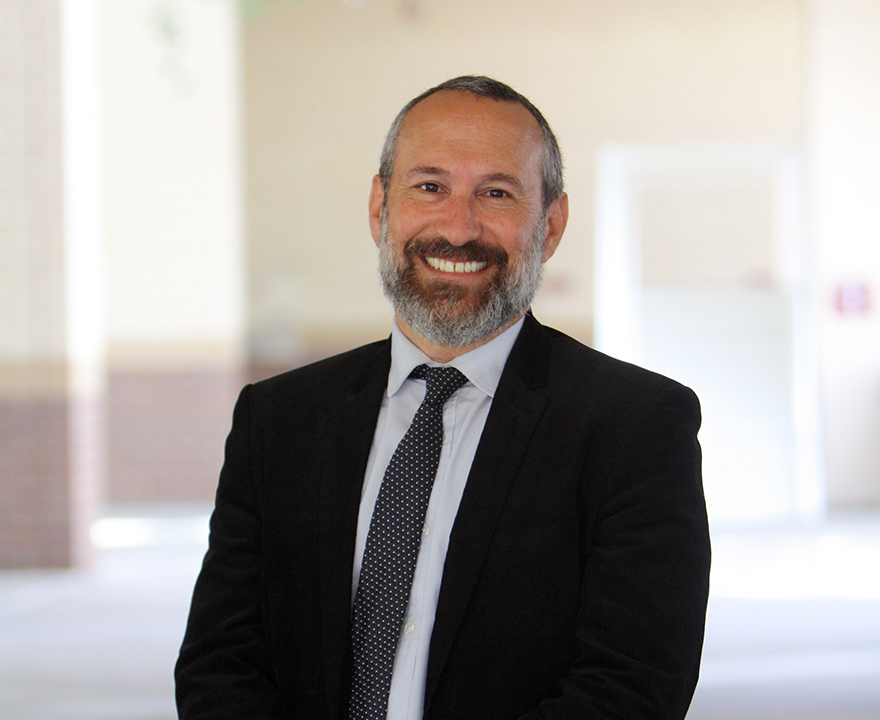Speaker Series: Justin Richland

The founding principles of U.S. law regarding Native Americans, first articulated in the 1830s, define them as “domestic dependent nations” who retain powers of self-government but who are also in a “state of pupilage,” to the federal government in a relationship like that of a “ward to its guardian.” This ambiguous status has offered cover for the shifting winds of U.S. political sentiment, leading sometimes to calls for the assimilation of Native peoples, sometimes for their rights to self-determination. Despite these shifts, tribes like the Hopi Nation in Arizona persist in their claims as sovereign nations who Native American Graves Protection and Repatriation Act, this relationship has been executed pursuant to rules requiring “meaningful tribal consultation” whenever U.S. agencies or their grantees propose actions that may impact Native peoples and their significant cultural interests. Disagreement persists about meaningful tribal consultation and its efficacies.
In this paper I draw on my recently published monograph, Cooperation without Submission: Indigenous Jurisdictions in Native Nation-US Engagements (U Chicago Press, 2021), to highlight how insights from indigenous studies, and legal and linguistic anthropology afford a humanistic empirical analysis of some of the consultation interactions I have observed, since 2012, between the Hopi Nation officials and their Federal counterparts. Unpacking those interactions in light of Hopi theories of knowledge and authority, through a theory of legal language as jurisdiction, I argue that these consultations enact Hopi and Anglo-legal norms of “significance” in complex, contradictory ways. I suggest that understanding “meaningful tribal consultation” and the US legal status of Native Nations more generally, requires understanding how indigenous nations enact the conditions of their own spheres of indigenous authority and the relations and refusals to settler colonialism this jurisdiction inevitably entails.
_____________________________________________________________________________________
Justin Richland, associate professor of anthropology, studies Native American law and politics in the contemporary moment – particularly the interface between tribal nations in the U.S. and the U.S. federal and state governments.
In 2014, he was appointed Adjunct Curator of North American Anthropology at the Field Museum of Natural History and in 2015 he was appointed to his second term of service by the Hopi Tribal Government as Associate Justice of the Hopi Appellate Court. From 2006-09 he served as Justice Pro Tempore. In 2016, he became a member of the research faculty of the American Bar Foundation. His publications have appeared in several leading peer-reviewed outlets, including most recently in the Annual Review of Anthropology, Law and Social Inquiry, and the Maryland Journal of International Law. He has authored two books, Arguing with Tradition: The Language of Law in Hopi Tribal Court (U. Chicago Press, 2008) and Introduction to Tribal Legal Studies (with Sarah Deer), 3rd Edition, (Alta Mira Press, 2015). In addition to his scholarship and advocacy, he also co-curated an exhibition of the art of Rhonda Holy Bear and Chris Pappan, two contemporary Native American artists, which opened at the Field Museum of Chicago in November 2016. He was named a J.S. Guggenheim Fellow in April 2016.
Richland earned his J.D. at UC Berkeley and his Ph.D. at UCLA. From 2005-11, he was a professor in the Department of Criminology, Law and Society at UC Irvine. He left California for the University of Chicago (2011-18) and is excited about being back home on the West Coast where he joins a vibrant community of law and social sciences scholars. He’s also looking forward to reaching the campus’s large population of first generation college students and hopes to open more opportunities for professional degrees and interests in native North America.

